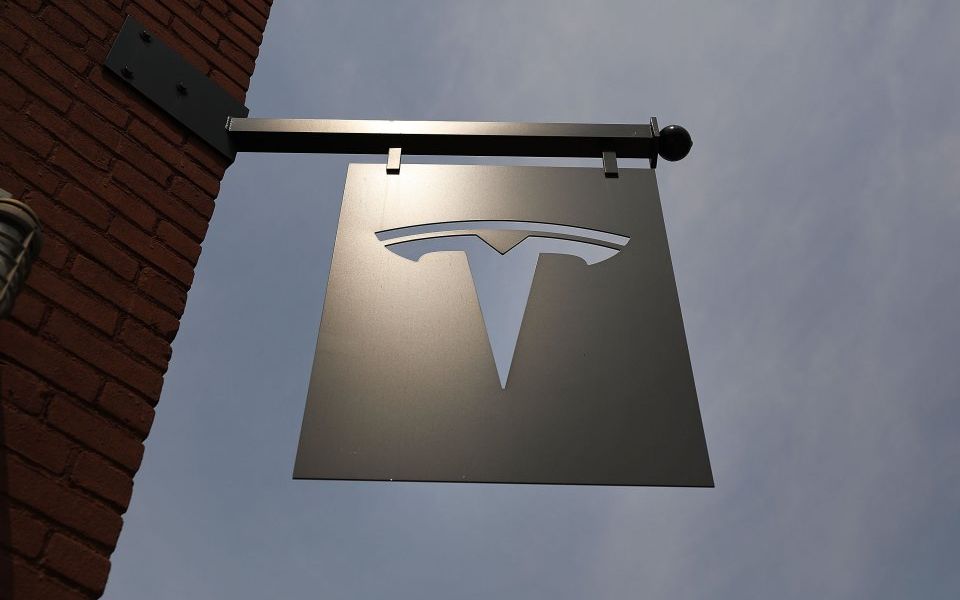To go private, or stay public? Everything you need to know about Tesla’s big share buyback

Who's looking to cash in on Tesla? Will Elon Musk keep his cool? What do the regulators think? Here's everything you need to know about the current status of Tesla going private.
What's happened so far?
On Tuesday last week, chief executive Elon Musk sent out a tweet saying that he is considering taking Tesla private at $420 ($329) per share, with the "funding" to do so already secured. This would value the electric carmaker at around $72bn.
Musk himself holds a 20 per cent stake in Tesla, so he requires about $58bn in extra funding to make it all happen. From what we know, the proposed buyout could be the largest in history, even if you don't include Musk's own shares.
Some members of Tesla's board – though notably, not all of them – issued a statement on Wednesday to say Musk had told them of his plans a week earlier. It was since revealed by Reuters that the board is still seeking further financial clarification from Musk on the so-called funding.
The US Securities and Exchange Commission (SEC) has since reached out to Tesla to clarify whether Musk's claims were factual, and why he chose to make the announcement through Twitter rather than through a filing.
On Friday, Musk and Tesla were hit with two lawsuits from angry investors, who claimed the tweets were designed to hurt short-sellers of Tesla stock. Tesla's share price soared more than 11 per cent after Musk's initial tweet, but has since lost that headwind as analysts cautioned investors of getting complacent.
Who are the potential investors?
It's been a war of the sources over the last few days, with several news outlets reporting conflicting stories about which investors might be looking to buy up the electric vehicle manufacturer.
One notable investor is Saudi Arabia's Public Investment Fund (PIF), which currently holds a five per cent stake in Tesla. Sources speaking to Bloomberg last week said the sovereign fund is "in talks" to be involved in the potential deal, which began before the 7 August tweet.
However just one day earlier, and in reports that have been reiterated since, Reuters reported sources which said PIF managers have no interest in securing a larger share of Tesla. This is in part due to its relationship with Softbank, the Japanese mega investor which recently bought into Tesla rival GM Cruise.
Softbank itself was reported to have held talks with Musk regarding a potential investment in 2017. However those talks broke down after Musk refused to concede on demands for "disproportionate" control over the company.
So in the end, we have no clear guidance on where this "funding" is coming from. Musk has been silent on the matter since the tweet, so we're all just waiting for an update.
According to Wired, there are only a limited number of investors even capable of providing the necessary funding to take Tesla private. Analysts have suggested China is one of the most likely sources, given its massive luxury car market, a large Tesla plant and a government determined on securing a transition to electric cars.
Why is all this even happening?
Musk wrote a email to Tesla employees shortly after the 7 August tweet, explaining why he was considering taking the company private.
Later published on the official Tesla blog, the email firstly blamed the company's stock volatility as a "major distraction for everyone working at Tesla".
Secondly, Musk cited the quarterly earnings cycle, where Tesla is forced to provide an update on its finances and production levels, have often caused swings in its stock price well into the double-digits.
The Tesla billionaire is known for hating those earnings calls, having previously berated analysts for asking "boring" questions. Additionally, they provide some extra heat for employees to meet his near-meteoric goals for car production.
Finally, Musk argued that being public means "there are large numbers of people who have the incentive to attack the company". As one of the most shorted stocks on the market, perhaps being public is simply bad for Tesla's PR.
So in the end, all we know is… well, something's happening behind the boardroom at Tesla. Whether or not the PIF will take it under its wing, or if Musk's non-notification to the SEC was actually real, only time will tell.